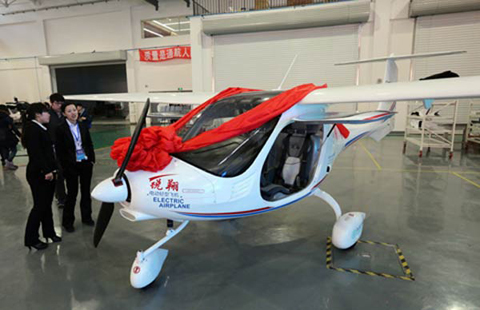China's oil, gas firms face 'tough balancing act'
By Zhong Nan (China Daily) Updated: 2015-02-10 07:52International oil prices have seen a significant decline since June. Oil has traded at $44 to $48 per barrel at the beginning of this year, the lowest level since 2009.
"Falling energy prices have heightened the cost management challenge facing the oil and gas industries, as they are forced to spend more to extract reserves amid ever more tightly squeezed margins," said Wu.
Richard Bailey, executive vice-president and director of the Asia-Pacific region and Middle East for DNV GL, said it is positive to note that Asia-Pacific respondents focus on improving work processes as ways to work smarter and more cost-effectively to help ride out the storm.
"Short-term measures such as cutting capital expenditure to reduce costs are understandable. However, the industry must continue to keep a clear focus on long-term growth to remain robust in different price environments," said Bailey.
Jing Yongping, a professor at the Beijing Institute of Petrochemical Technology, said: "The resultant environment will be more difficult than that which companies have had to cope with over the past five years, yet the new reality brings both opportunities and challenges."
Jing said international executives will have tough choices to make on spending, costs, staff levels and growth strategies this year.
At the same time, Jing said, new possibilities should open up, such as the chance to refocus on core projects, ease up on talent pressures and explore more affordable acquisitions in China and the wider Asia-Pacific region.
- China January inflation cools to 0.8%
- UnionPay expand along the 'belt and road'
- Watch factory to pay more
- Yanjing seeks foreign investor for strategic 20% holding
- For food safety, China's agriculture needs market-driven innovation
- Steel exports rise for record fifth month
- Gasoline, diesel prices rise in China amid global pickup
- Qualcomm to pay largest antitrust fine to China

















